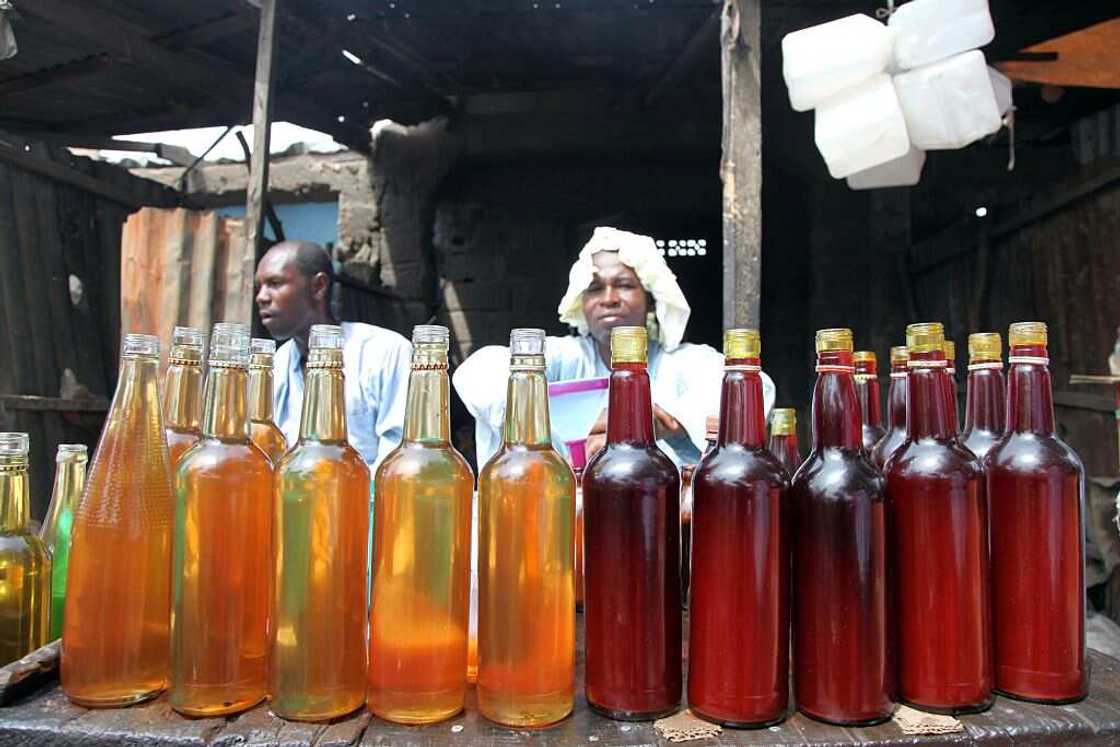Despite Restrictions, Nigeria's Palm Oil Imports from Asian Countries Continue to Break Records
- Nigeria's palm oil imports have increased, indicating a growing reliance on foreign producers to meet domestic demand
- This is despite the standing restrictions on foreign access by the Central Bank of Nigeria and federal government border closure
- China and Malaysia have benefited largely from the demand-supply gap in Nigeria, driven by population growth and urbanization
Nigeria's palm oil imports from Malaysia and China have witnessed a substantial increase, underscoring the country's growing dependence on foreign producers to meet domestic demand.
This trend persists despite the federal government's vigorous campaign to boost local palm oil production and the subsequent imposition of restrictions on foreign exchange for palm oil imports by the Central Bank of Nigeria.

Source: Getty Images
Data provided by the Malaysian Palm Oil Council revealed that Nigeria's palm oil imports from Malaysia have skyrocketed to 92,961 metric tons (MT) between January and April 2023.
This is a significant high of 353 percent or 72,448 MT when compared to 20,513 MT imported during the corresponding period in 2022.
PAY ATTENTION: Сheck out news that is picked exactly for YOU ➡️ find the “Recommended for you” block on the home page and enjoy!
The numbers from the previous year further emphasize Nigeria's increasing dependence on Malaysia as a palm oil supplier, with total imports amounting to 227,035 MT.
NBS data on palm oil import
Supplementing this data, the National Bureau of Statistics disclosed its foreign trade report, revealing that in the first quarter of 2023 alone, Nigeria imported palm oil worth N16.97 billion from Malaysia.
Additionally, N52.91 million was imported from China from January to March 2023.
Compared to first quarter of 2022, palm oil imported from Malaysia was valued at N13.50 billion, and from China, it was valued at N0.02 billion.
Why is Nigeria importing palm oil
Nigeria's domestic palm oil production has struggled to keep up with the mounting demand from a population that relies heavily on the product to prepare different meals.
The versatile product finds widespread use in cosmetics and the manufacturing of various consumer goods.
Private Sector Begs as FG Announces New Taxes
Meanwhile, in another report, Legit.ng revealed that Private sector players have requested the federal government suspend the implementation of new taxes.
They warned that the proposed taxes could lead to increased unemployment, smuggling, and decreased purchasing power of Nigerians.
The group suggests that the government should instead seek fiscal reforms and reduce wastage.
Source: Legit.ng


